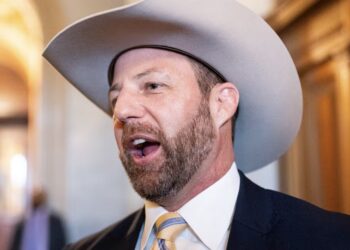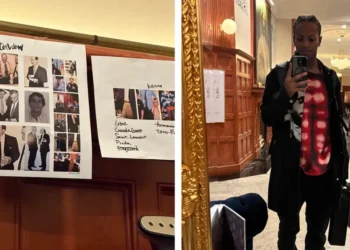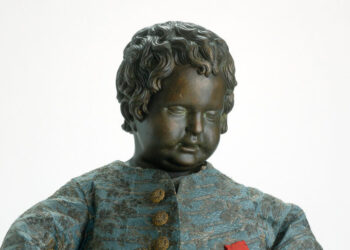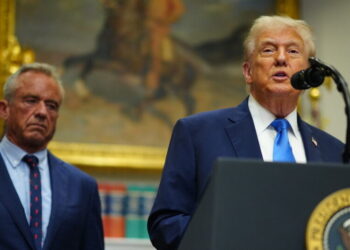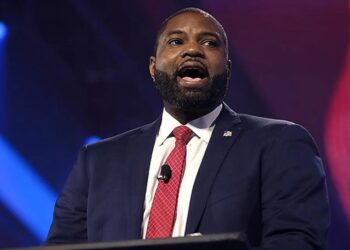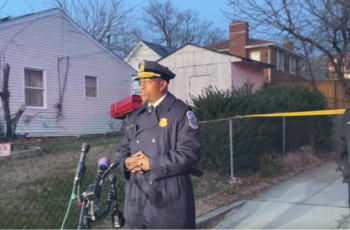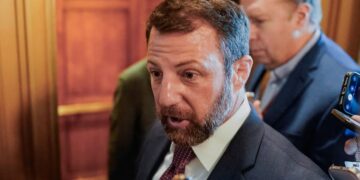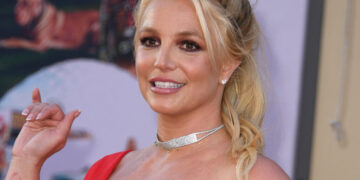Welcome to Maastricht, Where All Things French Flourish
People who live in Maastricht like to say that theirs is the most French of Dutch cities. It is a...
ICE Barbie’s Replacement Accused of Weird Attacks on Women
The senator set to replace Kristi Noem as Homeland Security secretary was once accused of “middle school” behavior on a...
The internet is roasting these 4 young Wall Streeters for a glossy magazine spread. One of them is brushing it off.
Demarre Johnson shared some behind-the-scenes shots of the photo shoot's inspiration. Demarre JohnsonAn article profiling four young finance bros in...
Slurs Filled a Chat Created by a Republican Party Official in Florida
A leaked group chat with numerous racist, antisemitic and misogynistic text messages among young conservatives engulfed the Miami-Dade County Republican...
New Trump pick’s fiery insult at fellow Republican could blow up his DHS confirmation
Sen. Markwayne Mullin’s (R-OK) mouth may have created an issue for him. President Donald Trump’s MAGA pick to replace ousted...
This Small Statue in Brussels Has a Large Bladder and Lots of Outfits
For the last 12 years, Nicolas Edelman has been changing the clothes of a little boy who never gets older,...
Fewer Pregnant Women Received Acetaminophen in E.R.s After White House Warnings
Acetaminophen prescriptions for pregnant women declined in emergency rooms across the country after a White House briefing in September during...
‘Vile and offensive’: Black MAGA lawmaker condemns Republicans caught in racist group chat
Byron Donalds, a pro-Trump Florida congressman currently running for governor and one of a handful of Black Republicans in Congress,...
Markwayne Mullin’s opportunity to reset immigration policy
President Donald Trump announced Thursday that he would fire Homeland Security Secretary Kristi L. Noem and replace her with Sen....
Top American admiral in the Middle East says the US struck an Iranian drone carrier. He said ‘it’s on fire.’
An F/A-18E Super Hornet takes off to support combat operations against Iran. US Navy photoThe US struck an Iranian drone...

